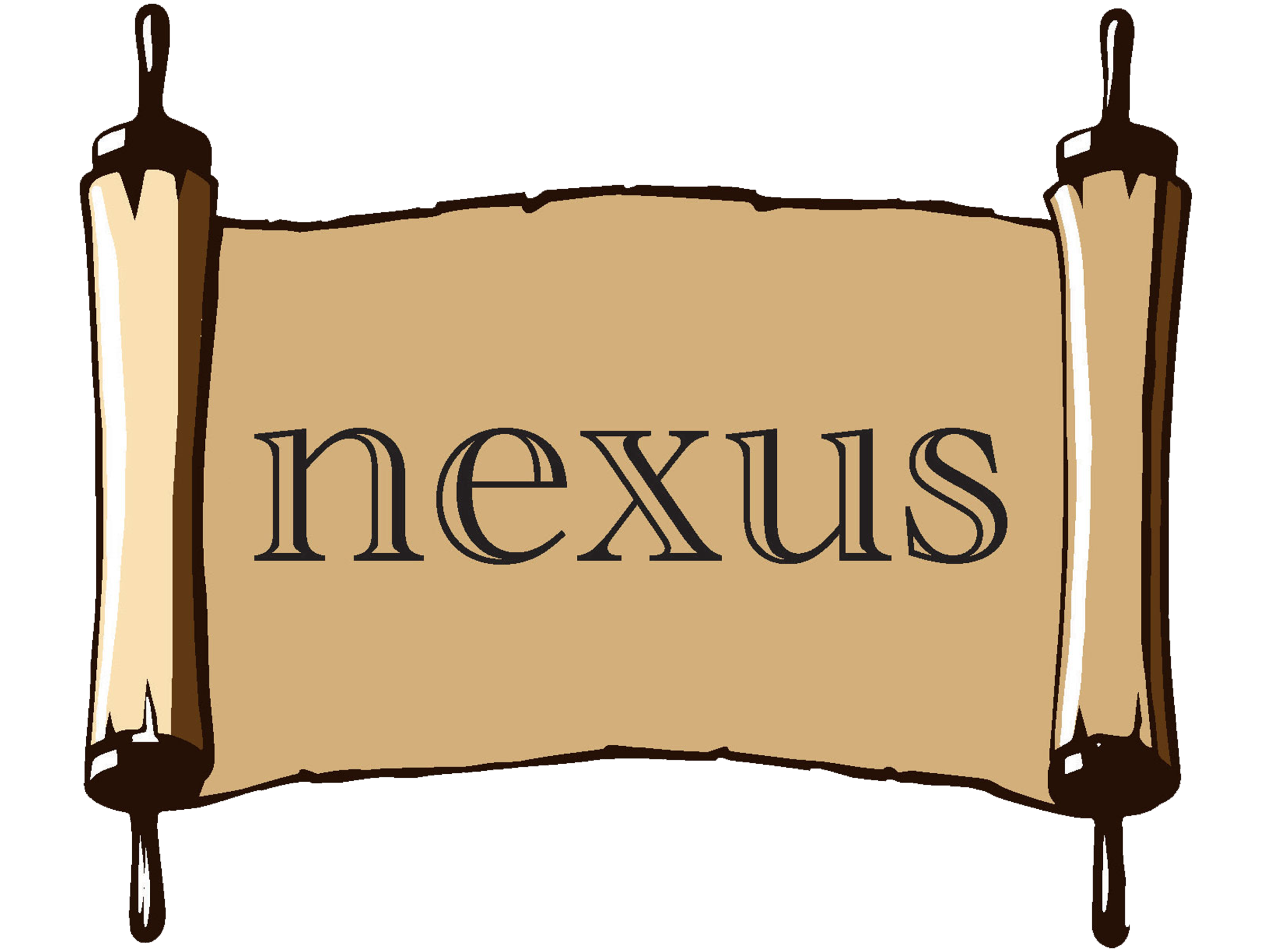Searching for a NExUS Between History, Theology, and Cultures/Contexts
(May 4-6, 2023)
Download PDF: Poster | Schedule
The Pontifical Biblical Institute is organizing a public conference to help review and actualize the mandate of the Church to Catholic biblical scholars worldwide: to examine again the exegetical task, by building on the openness to diversity of methods and approaches (cf. The Interpretation of the Bible in the Church), in order to further the dialogue between History, Theology, and Cultures/Contexts.
Context
1. Since Divino Afflante Spiritu (1943), which was released on the occasion of the 50th anniversary of Providentissimus Deus (1893), the Catholic Church has mandated its theological faculties to engage themselves in the scientific study of the Bible. To mark the centenary of Providentissimus Deus in 1993, the Pontifical Biblical Commission offered an assessment of the array of methods employed in biblical studies and shed some light on the landscape of the discipline (The Interpretation of the Bible in the Church). The Pontifical Biblical Institute takes the opportunity of the anniversary of the previous documents (2023) to address the often-raised problem that biblical studies seem to ignore history, theology, or urgent life issues. To address this lingering issue, the PIB conference will engage the question: What is the nexus between biblical exegesis and History, Theology, and Cultures/Contexts?
2. Dei Verbum (1965) reminded Catholic theologians that “the study of the sacred page is, as it were, the soul of sacred theology” (n.24). In his post-synodal apostolic exhortation Verbum Domini (2010), Pope Benedict XVI invited Catholic exegetes to move ahead in the direction of “theological exegesis” (n.34), for the “task is not finished when they have simply determined sources, defined forms or explained literary procedures. They arrive at the true goal of their work only when they have explained the meaning of the biblical text as God’s word for today” (n.33).
3. Biblical scholarship today has become increasingly cognizant of the plurality of the contexts in which the Scripture is read and Theology is done. Given the diversity in our academic community, both in terms of provenance and culture, the conference will provide an opportunity to reflect on hermeneutics as a necessary component of biblical exegesis.
4. The conference will concretely aim to (1) review the mandate of the Church to Catholic biblical scholars worldwide and (2) actualize the mandate by searching of a Nexus between Exegesis and History, Theology, and Cultures/Contexts.
5. To this end, the conference will be both interdisciplinary (dialogue between Bible scholars and experts in Theology, History, and Cultures/Contexts) and intercultural (scholars from different contexts: the West, Africa, Asia, and the Latin America).
General Objective
- To map the field of biblical exegesis with the aim to show the nexus between the various disciplines (History, Theology, and Cultures/Contexts) used in understanding the biblical text.
Format of the Sessions
- Each session is designed to achieve two objectives:
(1) To offer a theoretical framework on Biblical Exegesis and how it dialogues with History, Theology, and Cultures/Contexts
(2) To present case studies on the nexus between exegesis and other disciplines
Target Audience
- Conference and the publication that would follow are designed to reach out to other interested scholars and PIB students and alumni.
Sessions
- Exegesis and Church’s Mission
- History in Biblical Exegesis
- Theology in Biblical Exegesis
- Cultures/Contexts in Biblical Exegesis
